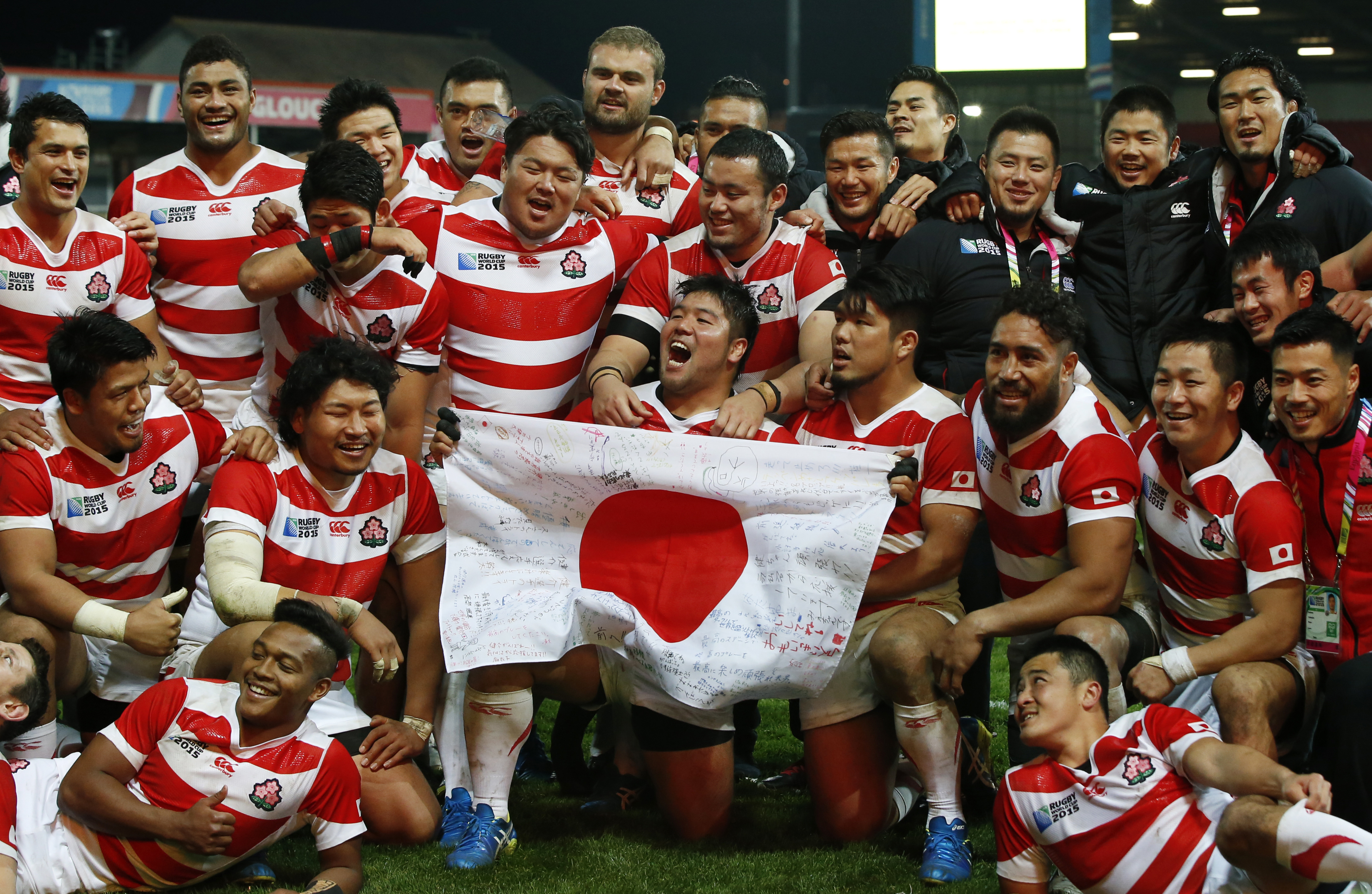The recent heroics of Japan's team in the Rugby World Cup — three wins in the group stage, including the historic nail-biting victory over South Africa — pave the way for two potentially positive outcomes: a bright future for rugby on these islands, and, just maybe, a template to discuss identity and belonging in Japan.
It was obvious to anyone watching the Brave Blossoms' games that of the 31 players included in Japan's squad, some of the players did not appear — how should we put it? — typically Japanese. In fact, 11 players were born outside Japan — the same number, incidentally, as for the Welsh and Scottish teams. Under current rugby union rules, a player can be considered for selection for the national team if, amongst other considerations, they have lived in the country for three consecutive years.
But in 2015, how do we define "typically Japanese"? Do we do so through blood, race and ethnicity? Or would we not be better off opening up the field, and, much like the vaunted rugby squad, considering new ideas, while relegating outdated terms and modes of thinking to the sin bin?



















With your current subscription plan you can comment on stories. However, before writing your first comment, please create a display name in the Profile section of your subscriber account page.